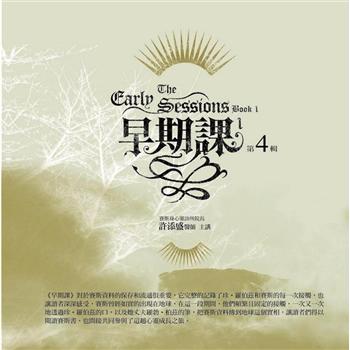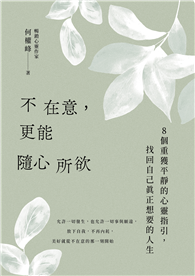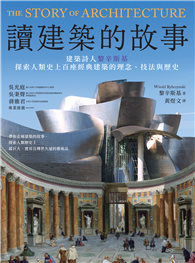Despite a long history and tradition in the United States, conscientious objectors to war have always been in the minority. Only a handful of objectors dissented against World War I and II, and their voices were never influential in respect to the state’s war policy or public opinion.
This book examines the challenges posed by conscientious objectors during World Wars by focusing on two main themes: ethic of conviction and ethic of civic responsibility. In this groundbreaking study, author Yuichi Moroi asks: How did conscientious objectors express their conviction in the case of the state’s imperative for war? On what basis could conscientious objectors define their civic responsibility and act upon it? Ethics of Conviction and Civic Responsibility asserts that despite the tension between the individual and society as experienced by conscientious objectors, there is a connection between them that holds a unique combination of conviction and civic responsibility.| FindBook |
|
有 1 項符合
moroi的圖書 |
 |
$ 3119 | Ethics of Conviction and Civic Responsibility: Conscientious War Resisters in America During the World Wars
作者:Moroi 出版社:University Press of America 出版日期:2008-08-17 語言:英文 規格:平裝 / 171頁 / 22.6 x 15 x 1.5 cm / 普通級  看圖書介紹 看圖書介紹
|
|
|
圖書介紹 - 資料來源:博客來 評分:
圖書名稱:Ethics of Conviction and Civic Responsibility: Conscientious War Resisters in America During the World Wars
|











